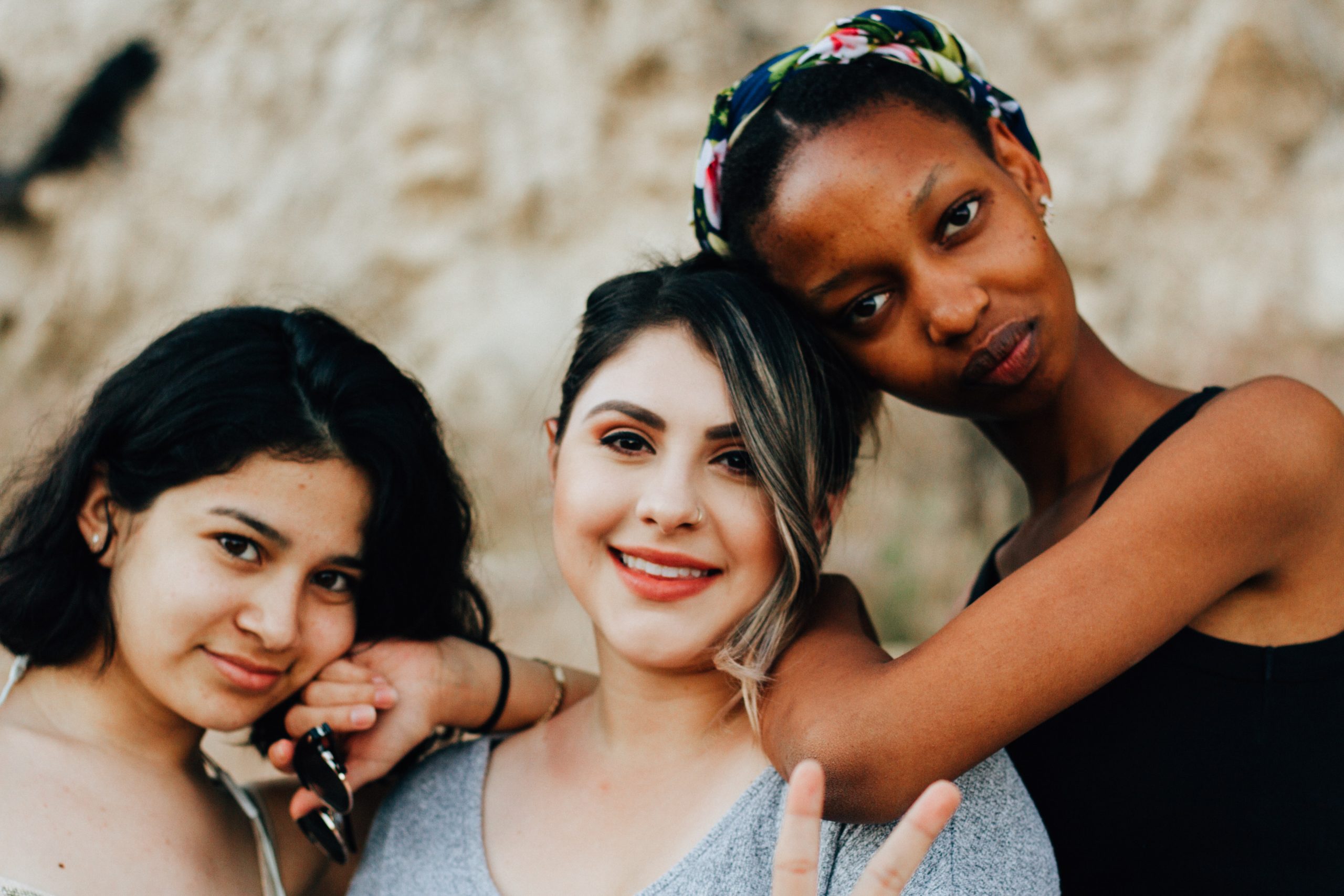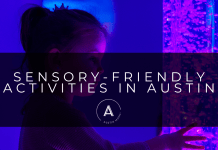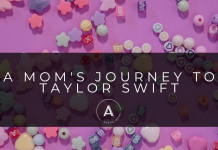A few years ago, my 5-year old (a brown US citizen) wanted to discuss skin colors. I asked, “What color is your skin?”. The reply was, “White.” I took that opportunity to have a conversation about skin color and race; not something I actively discussed while growing up so there was some learning to do. It’s important to talk to your kids about race.
I remember explaining the simplest way of looking at the world, the only way I knew how – people have different skin colors and different cultures and we are all equal. Growing up, I was taught to see the beauty in diversity (in my native country) and I was passing on the same message, albeit in a very different setting (in the US).
I believe it is important to discuss race with our kids; it is important to celebrate diversity in culture, ethnicity, race, religion; it is important to seek out voices from varying backgrounds to grow as a person. Talk to your kids about race – start early. Share the ideas of equality, justice, and compassion. Have an open discussion on skin colors and how they are representative of diversity and culture. Teach your kids to embrace and celebrate differences. Kids are like sponges – they absorb our (parents’) behaviors, prejudices, and morals. All this because change begins at home.
I’ve been soaking in all of the recent news coverage and my heart is full – full of sadness, anger, and frustration. My head hurts seeing the various forms of brutality against the black community. My heart cries for all those moms who worry about their kids being targeted for their skin color. The fact that George Floyd called out for his mum in his last seconds of life will never leave me. As a mom of a tween, I can’t imagine having to worry every time he is walking to a friend’s home or biking on our street. I can’t imagine the discomfort a person feels knowing an innocuous act of theirs can be misconstrued as something criminal.
Pity burns out. Let’s take this opportunity to listen and learn. Let’s recognize “the basic struggle we’re all in, the struggle to be fully human and to see that others are fully human.” (from How To Be An Antiracist by Ibram X. Kendi). Remember to stay focused on what the peaceful uprising represents. Don’t allow the crucial message of anti-black racism to be diluted by focusing on the small minority of folks who’ve resorted to violence in various forms. How we respond defines who we are.
‘There is no more neutrality in the world. You either have to be part of the solution, or you’re going to be part of the problem.’ – Eldridge Cleaver.
Over the last three years, I’ve been fortunate enough to have a wonderful black coworker and friend educate me on the black/white divide and layers of casual racism. I have seen the cracks in American society through her eyes. While I haven’t gone through the pain myself, I can only imagine the depths of it. We need empathy, compassion, and grace in America towards each other more now than ever. As a society, we need to start treating antiracism as action, not emotion.
I don’t want to be an observer anymore. I don’t want to be silent anymore. I stand in solidarity with my black friends. Black lives matter.
“Be the change you want to see in the world” – Gandhi










